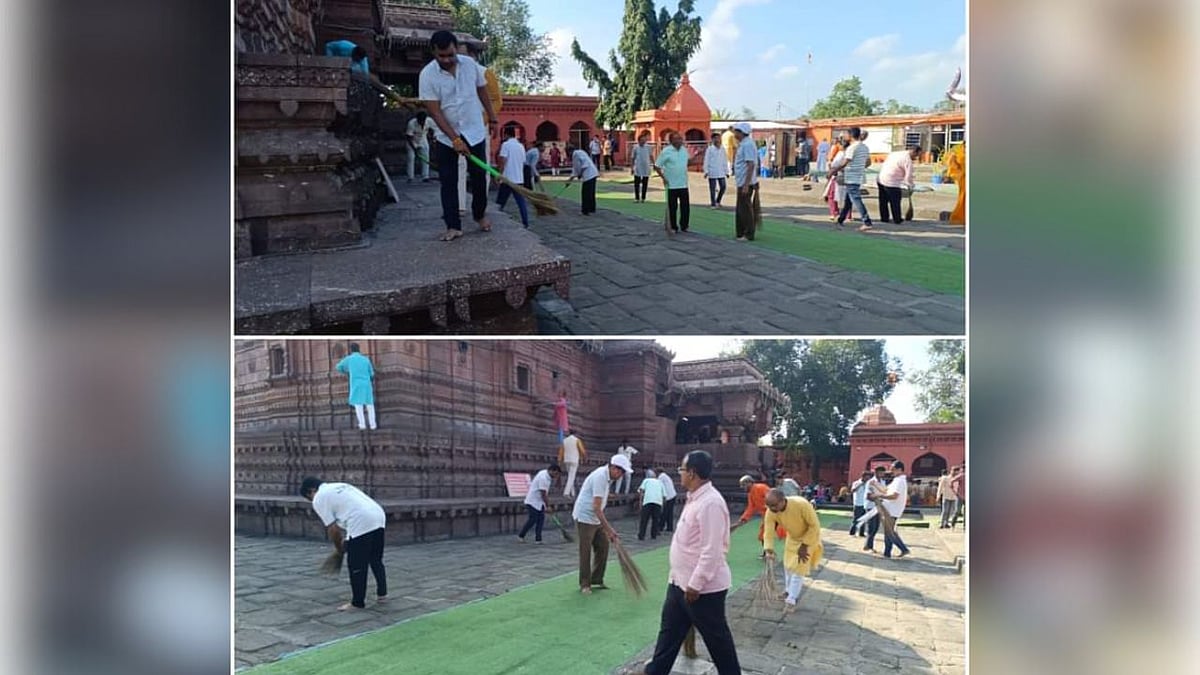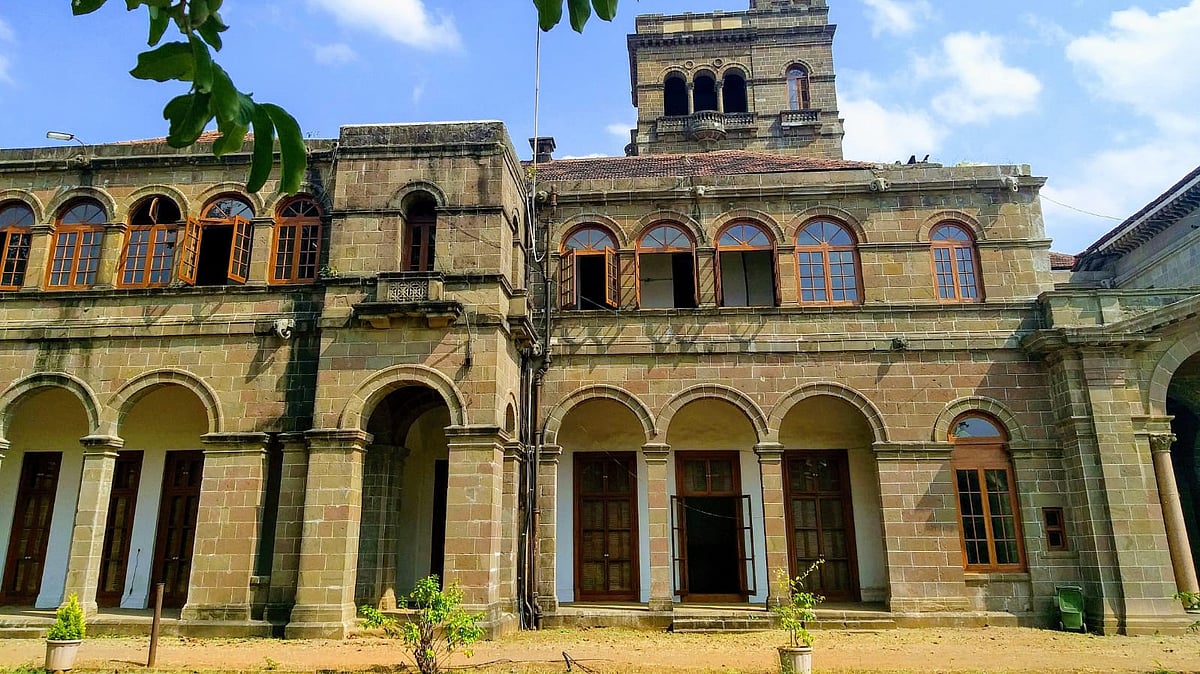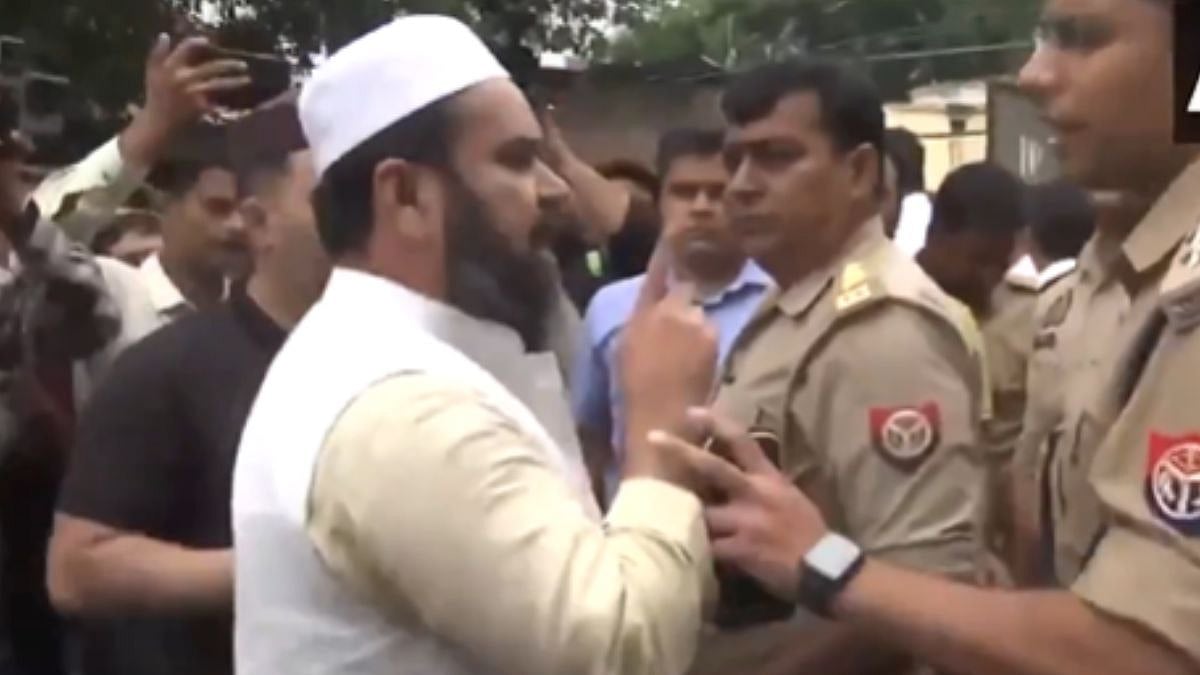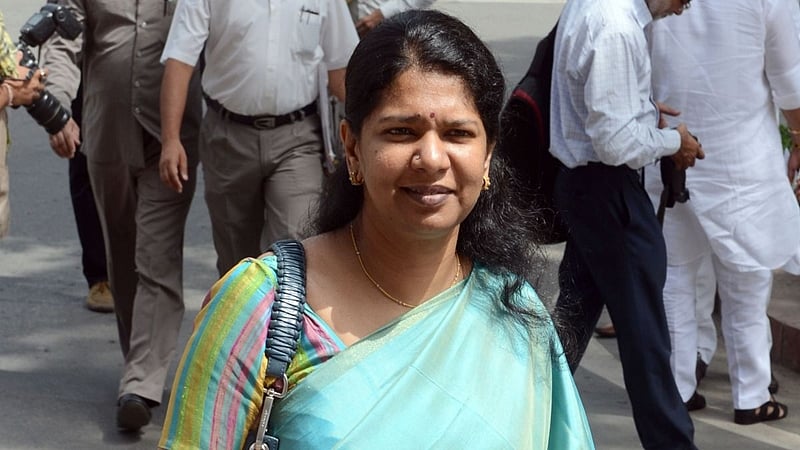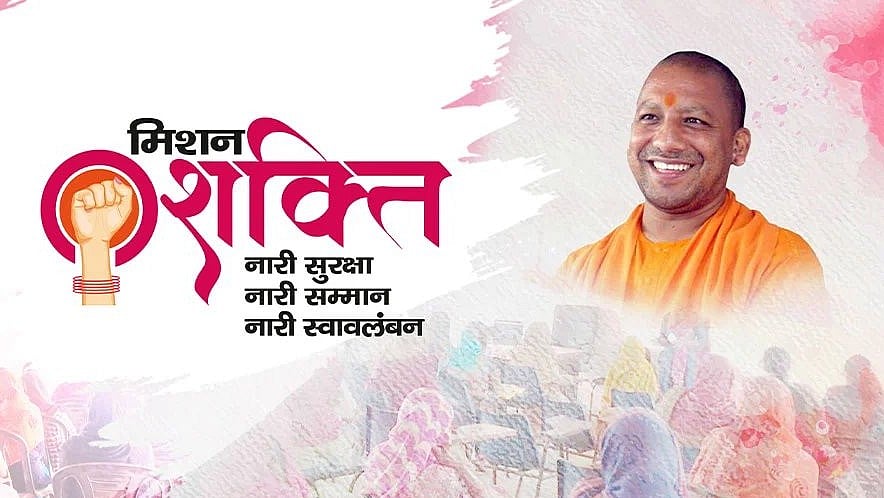Jaipur: Day two of the ZEE Jaipur Literature Festival 2020 kept up the momentum set so effectively on the eventful first day. There was tremendous diversity in sessions, speakers, and themes in the programming of the day. “Morning Music” on the 2nd day of the Festival was performed by acclaimed classical Carnatic veena artist Vidushi Saraswati Rajagopalan. She began her set with Raga Saraswati - an ode to Goddess Saraswati, the patron deity of music, art and literature, which was an appropriate beginning to the second day of one of the world’s grandest literature festivals.
In conversation with editor Sudha Sadanand, the acclaimed vocalist Shubha Mudgal read from and spoke about her debut collection of short stories, Looking for Miss Sargam, and the traditions, realities and contradictions that a musician typically straddles and set them against the realities of her own narratives.
Francesca Cartier Brickell, a direct descendant of the Cartier family, has recently published a book titled The Cartiers: The Untold Story of the Family Behind the Jewellery Empire. Her book launch was conducted at the NEXA Front Lawn of the Diggi Palace at the ZEE Jaipur Literature Festival 2020 and the session was anchored by Editor-in-Chief of Literary Publishing of Penguin Random House India, Meru Gokhale. The book was launched by Diya Kumari, Member of Parliament.
Speaking at the session Diya Kumari said, “It is an absolute pleasure and an honour to be here at the launch of the book The Cartiers. The family name is synonymous with outstanding craftsmanship, creativity and a long history with numerous royal families, including mine. And I’d like to thank everyone associated with the book to have invited me here. I am looking forward to reading what I am sure is a fascinating story of the family. And all my very best for the success of the book. Thank you!
Anay Saxena wrote his first book, Time Adventures: The Jackson Menace, when he was seven. His most recent work is a collection of three short stories titled What a Mysterious World We Live In. Today, Anay Saxena was in conversation with much loved children’s author Deepa Agarwal discussing his work.
Bestselling-author Howard Jacobson talked about his new book Live a Little, which is the love story of a 90-year-old woman. Age, according to Jacobson, is not an impediment to love, though literature has been “very unforgiving” of old age. Jacobson went on to say, “The most intelligent people I know are in their 90s” and explained “…if you can allow your body to decay, you can concentrate on your mind!” The eroticism in this love story is only suggested. This is because Jacobson thinks that “the body is overrated”, and therefore he wants to start a movement against people writing about sex. “Sex makes words look foolish, words make sex look absurd,” he said. Jacobson felt that the shame and humiliation a novelist experiences can be an asset. “Embrace your shame and write about it,” was his advice to the audience.
A session on memoirs opened up a treasure trove of backstories. Nicholas Coleridge, former editorial director of Condé Nast Britain, had the audience in splits when he recalled Princess Diana asking him at a lunch, “Nicholas, please be frank, I want to know your real view. Are my breasts too small, do you think?” “Your Royal Highness,” he responded, “they seem, umm, perfect to me.” He drew a crucial distinction – “A memoir is what you remember, otherwise it is an autobiography!”
Talking more about memoirs, the English broadcaster and author of My Name Is Why, Lemn Sissay, spoke with emotion about his life as a foster child, the meaning of his name and the sources he used to write his own memoir. He said his book recounted the trauma that his mother went through. “It's really not my story,'' he said. A journalist known for her accounts of life in war-zones, Åsne Seierstad, said that to work on American history of the last 100 years, she had had to look at the changes the US faced and wished for her source to be personal and family stories. So, she began to look at her personal letters, the letters of her grandfather. Avi Shlaim talked about his book Three Worlds: Memoir of an Arab Jew and spoke with intensity about his identity as an Arab-Jew and his life-experiences in Baghdad, Israel and London. His main source of information was his 96-year-old mother.
Answering the question, “Is Christianity revolutionary?” Tom Holland said that it rests on the bedrock of “earlier civilisations”, of “the idea that earthly dominion could have a moral purpose”. Holland concluded that “Christianity is full of paradoxes” but continues to “reinvent itself repeatedly”.
During a session on Namita Gokhale’s latest book Jaipur Journals, popular author Shashi Tharoor said, “The book is a celebration of the ZEE Jaipur Literature Festival, its participants, writers, members of the audience and other fascinating characters in it. It reads like a light-hearted novel but there are also parts where it gets emotional and Namita writes about the emotions, complexities and self-doubt of her characters, with the Festival as the background.”
In conversation with Tharoor and young author Shunali Khullar Shroff, Namita Gokhale, Festival Co-director said, “Earlier I had 6-8 months to write and then concentrate on the literature festival but I realised that I had to have something for myself. It has been a huge release of emotions to get intensely involved in my own story; the format of the book allowed writing amid all the preparatory work for the Festival. It was my return to the writing life and I feel grounded when I’m writing.”
Awarded the Man Booker International Prize for her riveting novel Celestial Bodies, Omani writer Jokha Alharthi is the first Arabic-language winner of the award. Talking about her book at a session titled “Celestial Bodies”, Alharthi said, "In Oman, people were mostly happy. They put up my pictures in malls and airports. But on social media, some people were not happy about how their society was displayed in my novel.” She also said, "People tend to think that in a patriarchal society, only women are victims. Even men can be victims. Through the character of Abdallah, I wanted to give men a voice."
At a session dedicated to Indian languages, Rajasthani Sahitya Akademi awardees across generations spoke of the rich heritage of the state as also the unique genius of Rajasthani literature, which ironically still awaits official recognition in the schedule of Indian languages. The session was graced by Sahitya Akademi awardees Chandra Prakash Deval, Raju Ram Bijarniya and Madhu Acharya who were in conversation with Vishes Kothari.
Member of Parliament Jairam Ramesh and eminent authors Viju B and Krupa Ge were in conversation with Marcus Moench at a splendid session titled “Flood and Fury”. Jairam Ramesh said he first became interested in the subject when he became the Minister for Environment. According to him, the Indian Rivers Inter-Link Project, if undertaken, would be a catastrophe and the notion that one can interfere with the rivers’ natural flow and try to link rivers is deeply anti-environment. Krupa Ge’s interest in researching floods started with a personal experience of her hometown Chennai being flooded. Viju B, who claims that 35% of the Western Ghats have been lost, investigated and found their ecological devastation and destruction had been caused by mining. Marcus Moench explained that some of the worst floods can happen in areas “where scarcity and excess coexist”. In another session concentrated on climate change titled “Client Earth”, which presented a case for urgent action, acclaimed author David-Wallace Wells said “Humanity needs to reconsider the new civilisation it has built for itself.” Martin Goodman drove home the point saying, “You never win a legal battle for the environment, you have to keep winning it.”
Lisa Ray, India’s first supermodel, actor, mother of twins through surrogacy and a cancer-survivor, spoke to ZEE Jaipur Literature Festival producer and Managing Director of Teamwork Arts, Sanjoy K. Roy about her riveting life story and memoir, Close to the Bone, a deeply moving account of her healing and spiritual quest. She spoke about how identity to her was tectonic and rooted in movement, embodied by her own peripatetic life.
In the session “Winners Take it All” Anand Giridharadas said “rich people are making a killing in a way that is strangulating democracy”, and this rendered their claims of benevolence invalid. Giridharadas went on to say said that “they do just enough good to preserve a system that does harm on a much larger scale”. This system, he said is “the old trickle-down economics with whipped cream and a cherry on top”. Thus, according to him, we are looking at a systematic problem and we need to ask ourselves, “Should we even have billionaires?” He claimed that “every billionaire is a policy failure”. Their wealth could finance a lot of services that people in democratic countries are entitled to, but are not getting.
Today was also a day when the much-awaited Swansea University Dylan Thomas Prize announced its longlist for the 2020 edition of the prestigious award. Indian feminist writer and novelist Meena Kandasamy, Hong Kong-born LGBTQ+ poet Mary Jean Chan, Ukrainian-born artist and writer Yelena Moskovich, Brazilian-British debut novelist Yara Rodrigues Fowler, Vietnamese-American novelist Ocean Vuong, and Belgrade-born Orange Prize winner Téa Obreht are among the 12 authors on the longlist for 15th edition of the £30,000-worth Swansea University Dylan Thomas Prize.
The day ended with the announcement of the prestigious Oxford Bookstore Book Cover Prize, a first of its kind award for brilliance in book design and an attempt by the iconic bookstore to recognise and encourage the work of gifted illustrators, designers and publishers throughout India. The winner of the fifth edition of the award announced at Jaipur BookMark was well-known graphic designer Sneha Pamneja who was felicitated with a trophy and a cash prize of Rs. 1 lakh by jurors Dr. Shashi Tharoor, Namita Gokhale and Shobhaa De, amidst a gathering of designers, publishers and book-lovers. The announcement was followed by a cocktail reception hosted by Oxford Bookstore honouring the winner.


